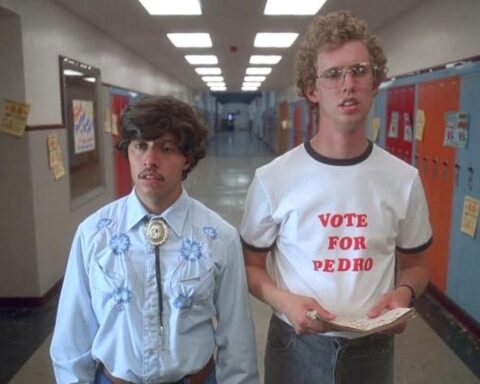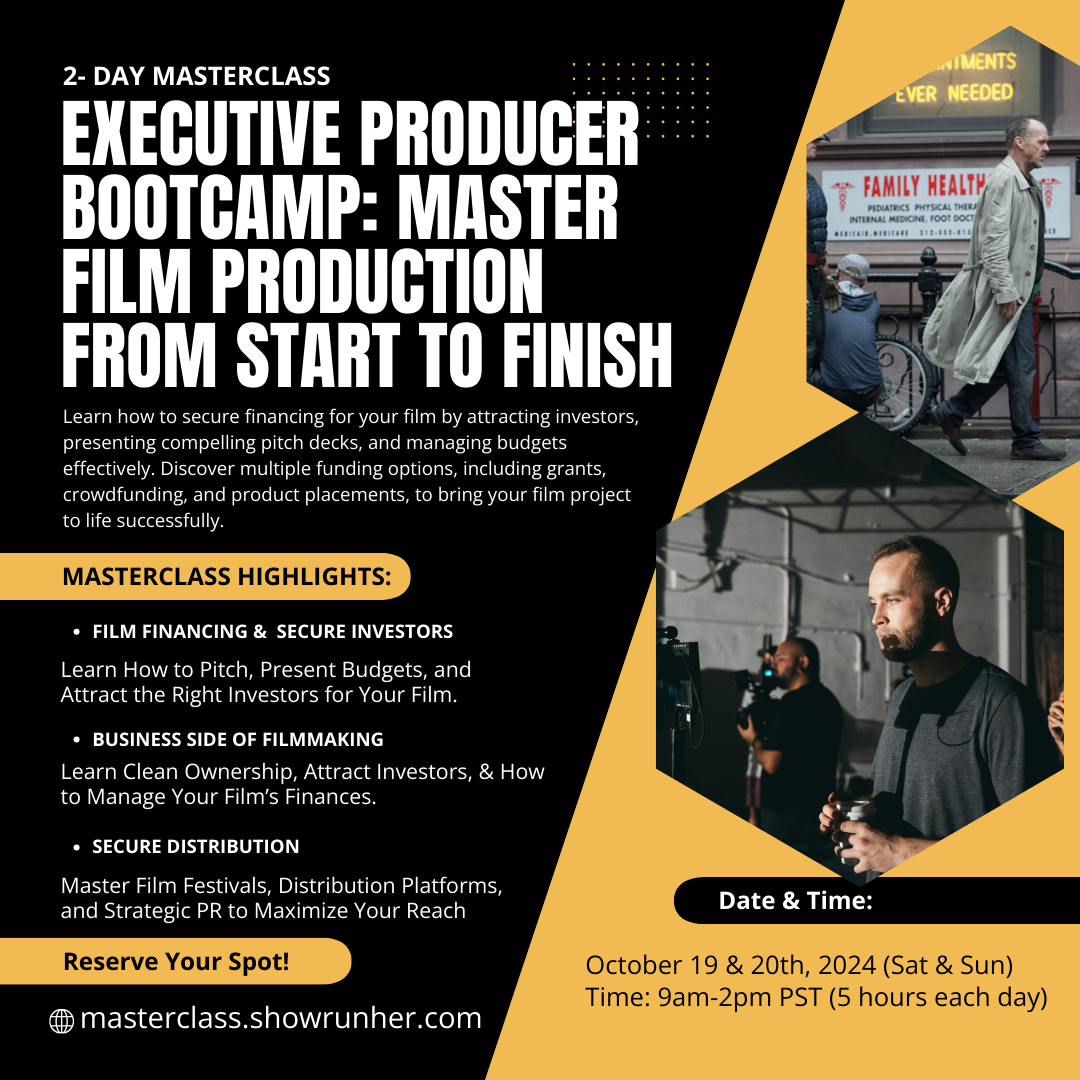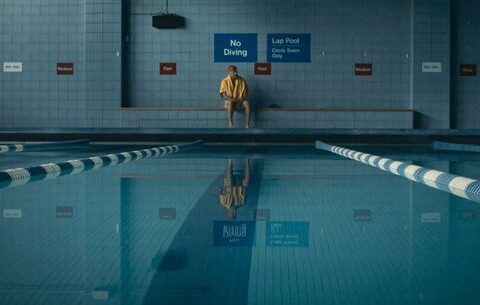As a filmmaker, the journey doesn’t end when you finish your film. To truly own your project and legally distribute or monetize it, you need to secure the Chain of Title a series of documents that establish your ownership rights. Failing to complete these legal steps can lead to costly lawsuits, distribution delays, or even the loss of your film.
Below are 12 essential steps to ensure you maintain full control over your work. Keep in mind, that these are just some of the legal requirements there are many more, and it’s crucial to consult with an entertainment lawyer to ensure complete ownership.
Here are some of the key legal steps every filmmaker must consider to ensure they own their film:
1. Script Rights Acquisition
If your film is based on an existing work whether it’s a novel, play, or another screenplay—you need to legally secure the rights to adapt it.
Example:
A filmmaker adapted a novel without securing the rights. When the film started gaining attention, the author’s estate filed a lawsuit and blocked distribution until the filmmaker paid a hefty settlement.
2. Music Licensing
You must have proper licenses for every piece of music used in your film, including background scores and popular songs.
Example:
A director used a famous song in their festival submission without proper licensing. Though the film won awards, it couldn’t be publicly shown until thousands of dollars in licensing fees were paid.
3. Talent Contracts
Everyone involved in your film actors, extras, and crew members needs a signed contract outlining their role and compensation.
Example:
After a film’s unexpected success, an actor without a clear contract demanded a share of the profits, leading to a costly legal dispute.
4. Location Agreements
Every filming location requires written permission from the property owners. Without it, you could face legal claims or delayed release.
Example:
A filmmaker shot scenes at a private home but failed to get a signed agreement. After the film gained publicity, the property owner demanded compensation, forcing the filmmaker to pay up or face legal action.
5. Visual Art Clearances
If any recognizable artwork appears in your film, even in the background, you need permission from the artist or copyright holder to use it.
Example:
An indie film featured a famous painting in a café scene. When the film was released, the artist sued for unauthorized use of their work, forcing the filmmaker to pay damages or re-edit the scene.
6. Stock Footage Licensing
Using stock footage requires proper licensing, even if it’s freely available online.
Example:
A documentary filmmaker used stock footage found on the internet but didn’t license it correctly. After the film’s release, the original creator filed a copyright infringement claim, halting distribution.
7. Errors & Omissions (E&O) Insurance
E&O insurance protects against lawsuits involving copyright infringement, defamation, or unauthorized use of content. Without it, most distributors won’t work with you.
Example:
A filmmaker was sued for defamation after a character was loosely based on a real person. Thankfully, E&O insurance covered the legal costs, saving the filmmaker from financial ruin.
8. Trademark Clearances
If your film includes any recognizable logos, brand names, or products, you need permission from the trademark owners to use them.
Example:
A film used a popular soda brand without permission. When the company discovered the unauthorized use, they sued for trademark infringement, forcing the filmmaker to pay damages.
9. Actor and Crew Releases
Alongside contracts, you need signed releases from all actors and crew members allowing you to use their likenesses in the film.
Example:
An extra who appeared in a film without signing a release later claimed they didn’t agree to be included. This led to a lawsuit, delaying the film’s release and costing the filmmaker thousands in legal fees.
10. Product Placement Agreements
If you feature products from a company in your film, you need an agreement detailing how the product will be shown and under what terms.
Example:
A film showed a well-known product without a product placement agreement. The brand sued for misrepresentation, resulting in costly edits or potential legal action.
11. Title Registration
Registering your film’s title with organizations like the Writers Guild of America (WGA) protects it from being used by others.
Example:
A filmmaker discovered another project with the same title after failing to register. They were forced to change their title and branding, delaying marketing efforts and costing them more money.
12. Copyright Registration
Your screenplay, footage, and other creative content should be registered with the U.S. Copyright Office (or your country’s equivalent) to establish clear ownership.
Example:
A filmmaker didn’t register their screenplay, and another writer copied their script idea, producing a similar film. Without copyright registration, the filmmaker had no legal recourse to claim their intellectual property.
More Than Just These 12 Steps
These are just some of the essential steps you need to take to legally own your film. There are other important legal considerations like intellectual property protection, financing agreements, and international distribution rights. To make sure your project is fully protected, it’s critical to consult with an entertainment lawyer who can guide you through every aspect of the legal process.
Unlock the Keys to Film Ownership at My 2-Day Masterclass on October 19 & 20th!
Ready to ensure you fully own and control your film? Join my 2-Day Masterclass on October 19 & 20th to learn everything you need to know about film ownership, from securing the Chain of Title to obtaining E&O insurance, handling product placements, and more!
You’ll gain expert insights on:
- Securing legal ownership of your film
- Pitch decks, crowdfunding, and investor pitching
- Navigating music licensing and trademark clearances
- Protecting your film with E&O insurance
- Setting up for distribution success
Don’t miss this chance to master the business and legal sides of filmmaking and ensure your projects are protected from start to finish.
Register now for the 2-Day Masterclass! Spaces are limited! Click Here to learn more …









[…] into everything you need to know about film ownership, including crucial steps like securing your Chain of Title, getting the right music licenses, protecting your film with E&O insurance, and much […]